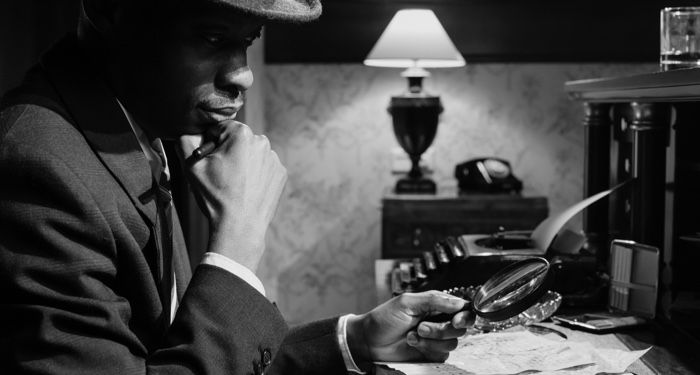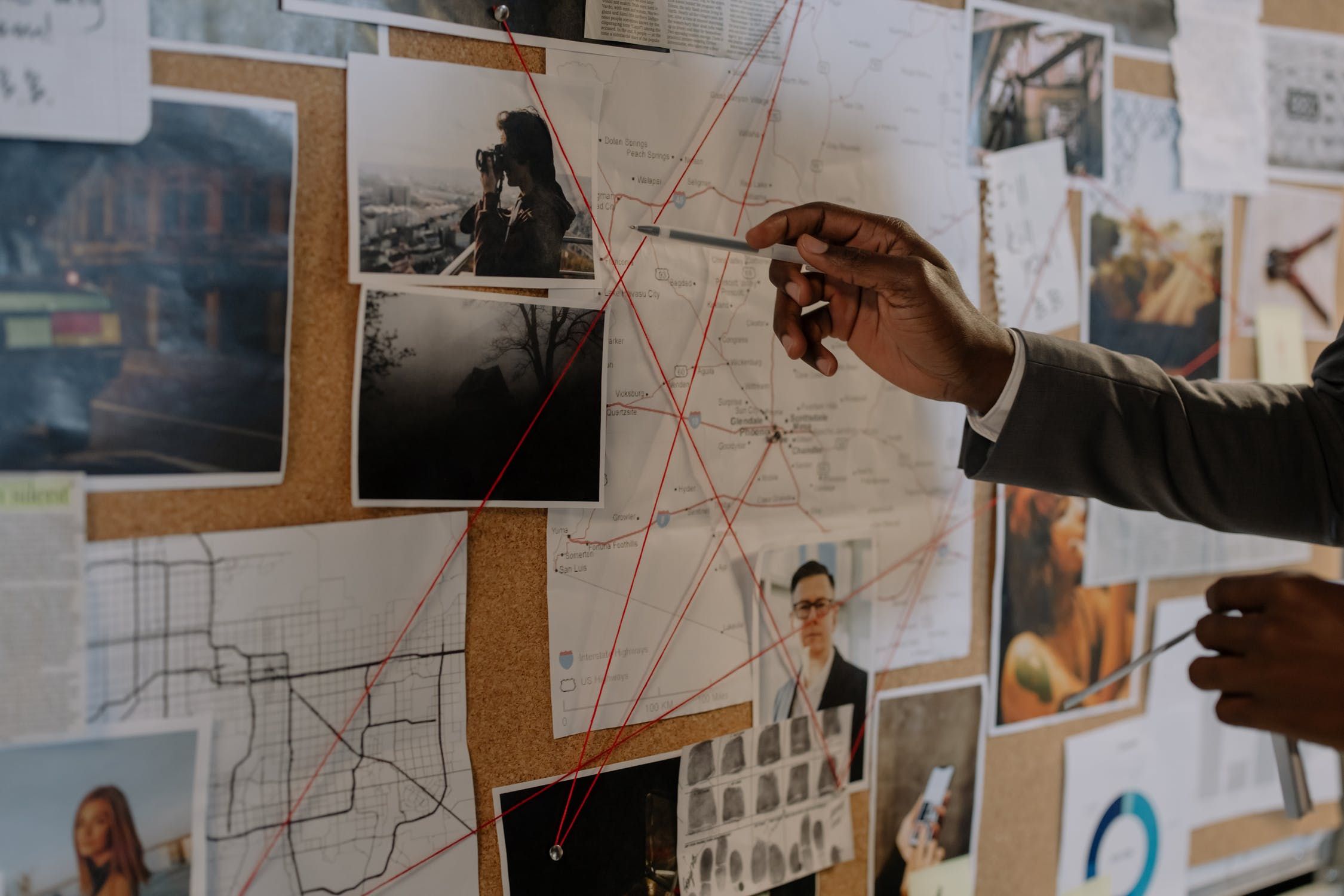
Are Mysteries and Thrillers Less Enjoyable the More You Read in the Genre?
(Note: this post contains a major spoiler for Agatha Christie’s book The Hollow).

The other day, I was reading a thriller that had been in my digital TBR pile for a couple of years. I won’t give the title, because the book itself was pretty mediocre – I guessed the midpoint twist before it happened, and the ending not too long after that. (It also didn’t help that the characters were flat, and the conflict was so contrived that I was reading the story with an ever-escalating sense of “…okay, but why wouldn’t you just talk about this?”)
Sometimes, guessing the twists and turns of a mystery or thriller is part of the fun – it’s like solving a good puzzle. But other times, like when I was reading the thriller I mentioned above, guessing correctly can be frustrating – another reminder that this book has been done badly, because otherwise, the story wouldn’t be so obvious.
I love a good mystery or thriller. I’m a massive fan of Agatha Christie, not just because of her compelling character creation (Ariadne Oliver, where is your stand-alone TV series?), but because her title as the Queen of Crime is justly earned. Who else could give us The Hollow, a mystery which opens with a woman standing over the body of her cheating husband, holding a gun, and yet it’s still a shock reveal when she turns out to be the killer?
And while Christie is gone, there are many other brilliant thriller and mystery writers working today. Attica Locke’s Highway 59 and Jay Porter series are full of tension and thrills, against a backdrop so richly described you can almost taste it, so you don’t know whether to tear through to find out the ending or take your time and savour the brilliant writing. Then there are the YA thrillers, which are currently going through a bit of a golden age, with Karen McManus’ One of Us Is Lying and Faridah Àbíké-Íyímídé’s Ace of Spades using high school as a setting for murder, crime, and manipulation amongst high-school students.
But are thrillers and mysteries – even the great ones – less enjoyable the more you read? It’s certainly true that reading more mysteries might mean you’re more able to guess the twists. As I mentioned earlier, reading a mystery is like doing a puzzle – and any crossword or Wordle enthusiasts know that you always get better with practice. As with other genre stories, like romance for instance, thrillers and mysteries contain tropes they’ll frequently use, and beats they have to hit in order to keep their readers satisfied. Just as a romance reader might want to see a separation before the ultimate happily-ever-after, a mystery reader will be looking out for the subplot deception that either links to, or distracts from, the central crime (for example, the jewel theft by one of the characters in Death on the Nile, which throws up a few red herrings that keep the murder from being solved too soon).
Knowing the tropes and beats of a thriller or mystery means that a reader will be primed to look out for clues as they arise, and may be able to more easily sort the red herrings from the key facts. However, guessing the twists and turns isn’t always bad. Readers can often turn to mysteries and thrillers because these beats are what they’re looking for. As middle grade mystery author Robin Stevens notes in an essay published as part of her book Cream Buns and Crime, there’s a reason that sales of mystery novels always boom at times of political upheaval and unrest; people want the comfort of a single, simple (if sometimes gruesome) crime being solved by following a set of steps, and the triumph of justice and restoration of peace at the end can mean that even the most gory murder mystery or high-octane thriller can be a comfort read.
There’s also the fact that, if you’re reading a large amount in any genre, you’re going to come across more of the less well-written or interestingly plotted examples than you would otherwise. If you just dip your toes into mysteries and thrillers, it’s likely that you’ll only read the really good ones – the ones that you hear about by word of mouth or a multitude of great reviews. But if you read every mystery or thriller that you can get your hands on, it’s inevitable that some of them are going to be disappointing. Overall, your reading experience might have more misses than hits, simply because of the number of books you’re consuming.
Mysteries and thrillers might become more guessable the more you read because you’ve had practice solving the puzzles set up by the authors, or because you’ve got to the titles that aren’t the best in the genre. But, for some readers, this is the fun part of it; and being able to work out out how a story is going to end doesn’t have to make thrillers or mysteries any less enjoyable.
If you want to catch up on the thrillers you missed last year, check out our list of 9 Riveting Thriller Novels to Read in 2021. Readers who prefer their mysteries to be comfy rather than scary can find new reads with 26 of The Best Cozy Mystery Series.











